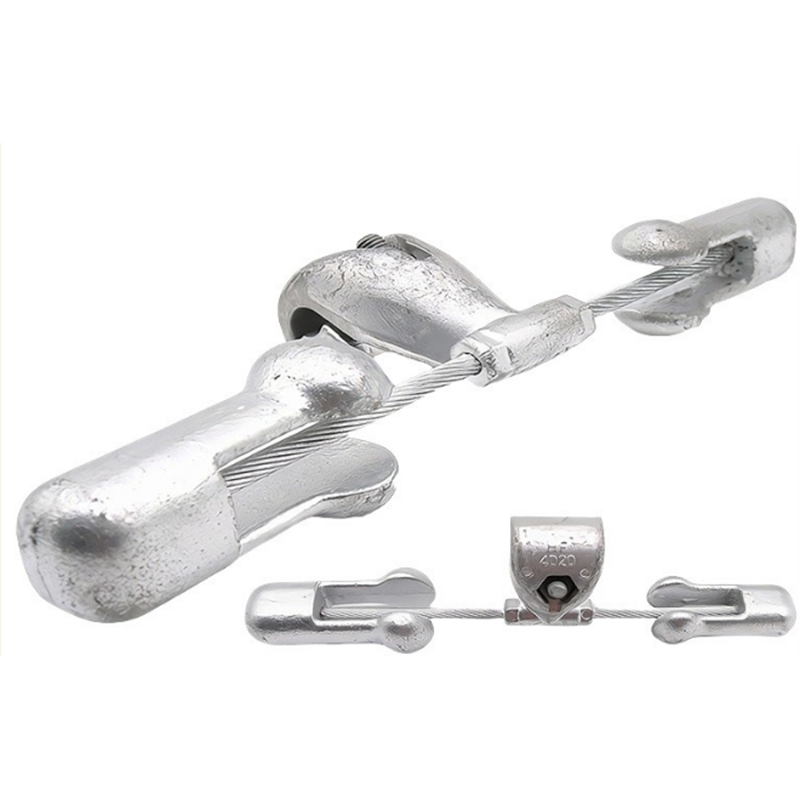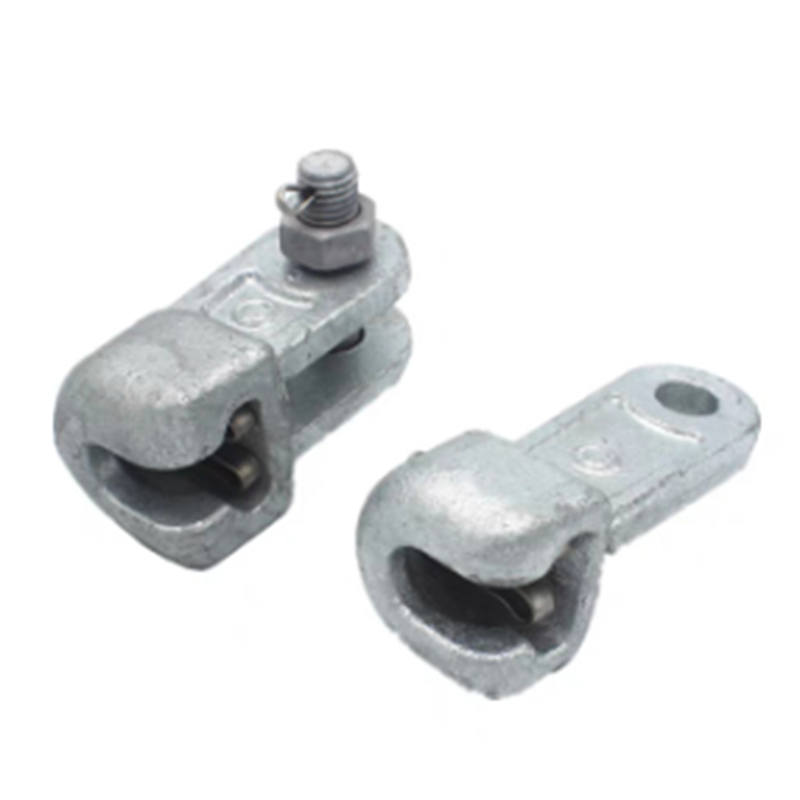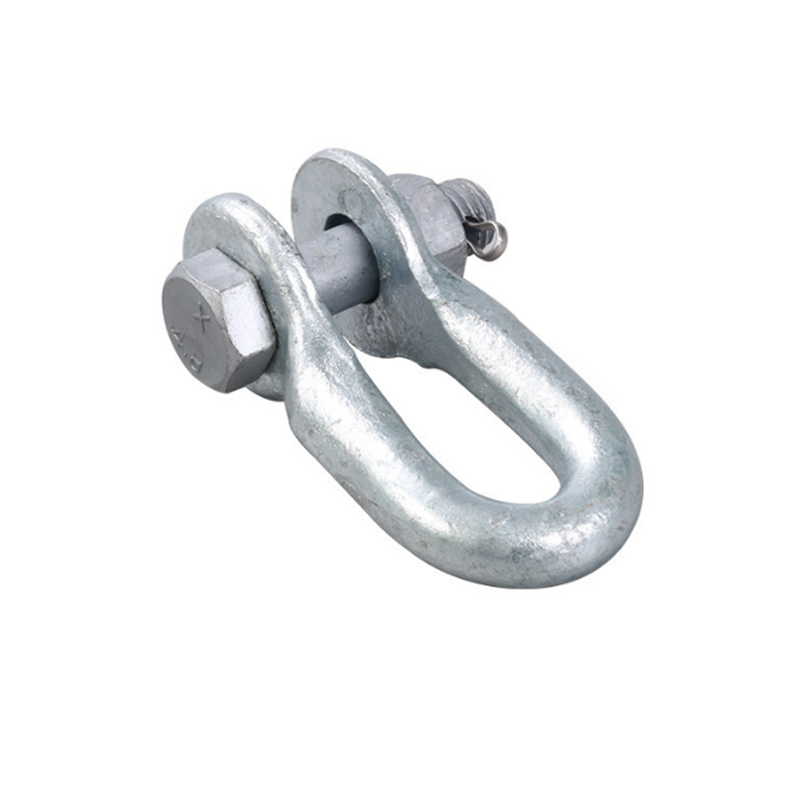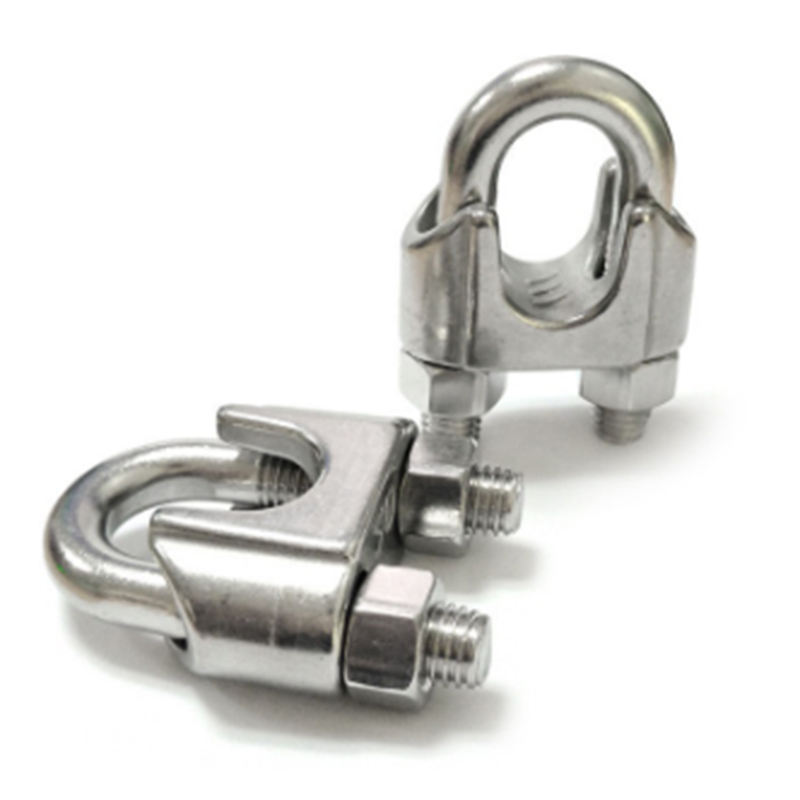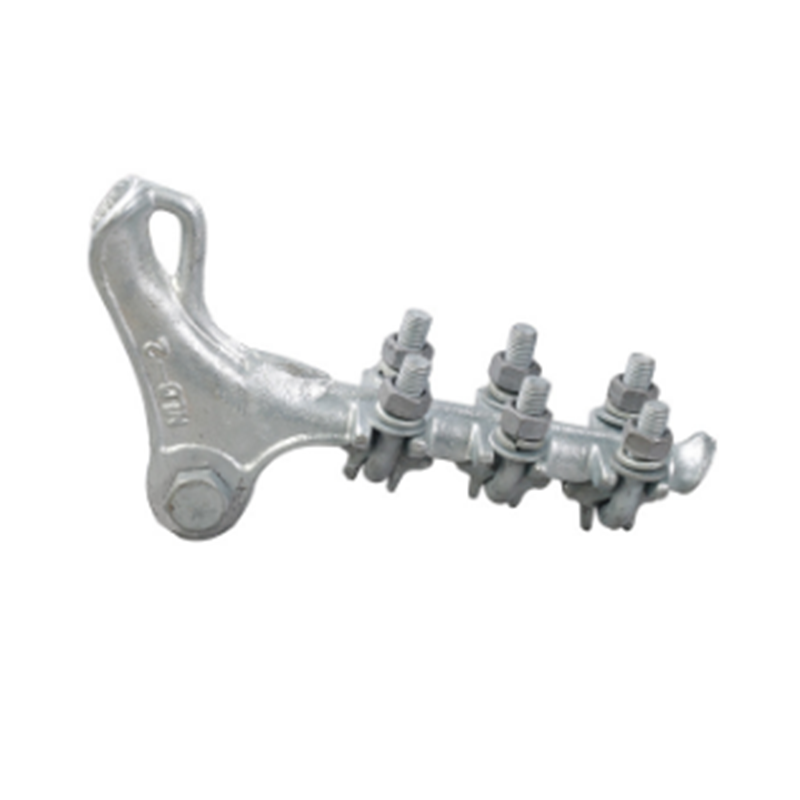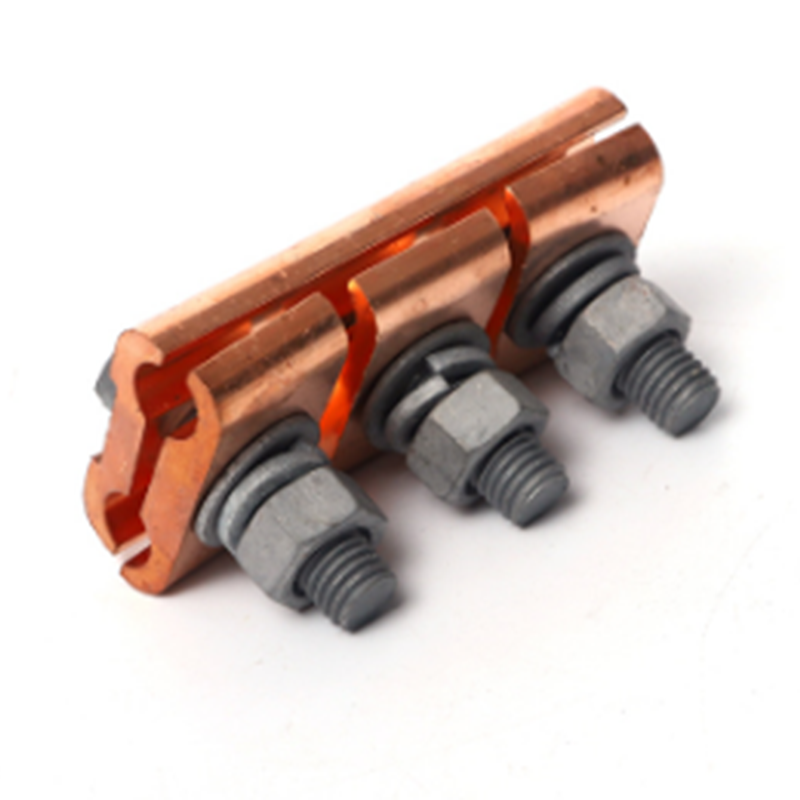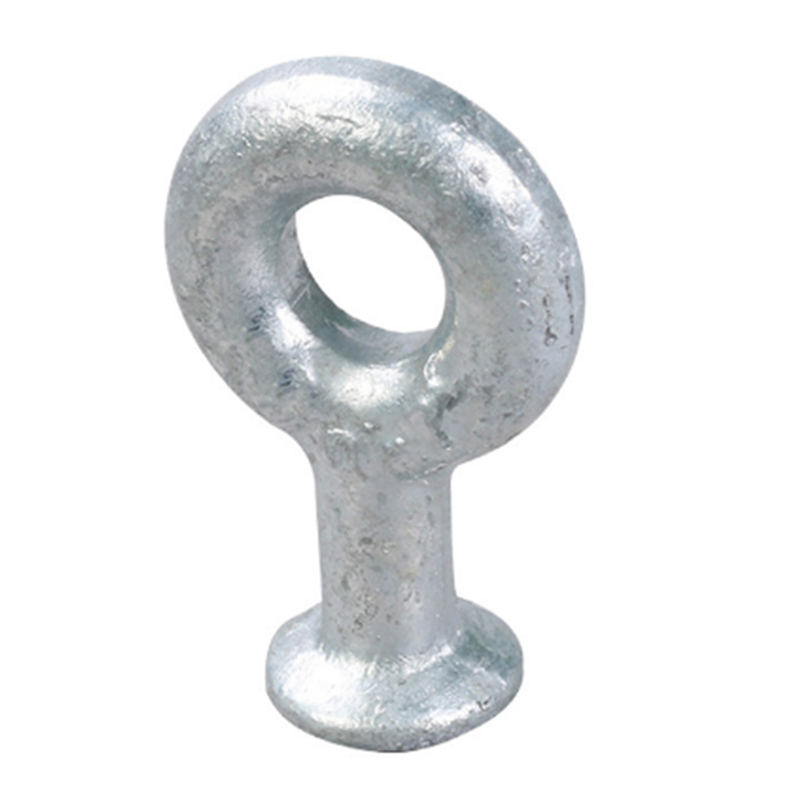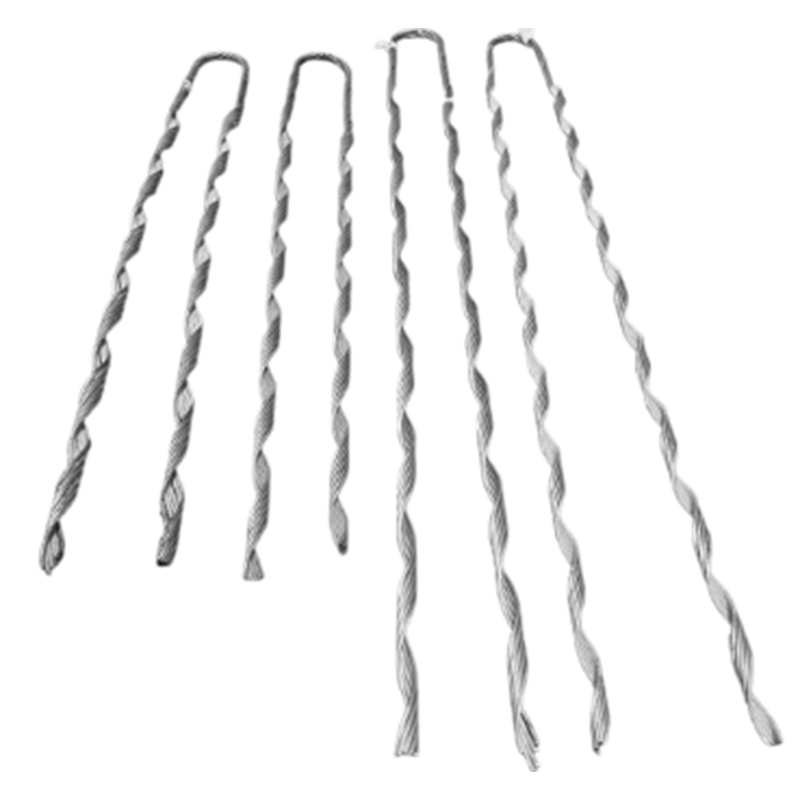- Chinese
- French
- German
- Portuguese
- Spanish
- Russian
- Japanese
- Korean
- Arabic
- Irish
- Greek
- Turkish
- Italian
- Danish
- Romanian
- Indonesian
- Czech
- Afrikaans
- Swedish
- Polish
- Basque
- Catalan
- Esperanto
- Hindi
- Lao
- Albanian
- Amharic
- Armenian
- Azerbaijani
- Belarusian
- Bengali
- Bosnian
- Bulgarian
- Cebuano
- Chichewa
- Corsican
- Croatian
- Dutch
- Estonian
- Filipino
- Finnish
- Frisian
- Galician
- Georgian
- Gujarati
- Haitian
- Hausa
- Hawaiian
- Hebrew
- Hmong
- Hungarian
- Icelandic
- Igbo
- Javanese
- Kannada
- Kazakh
- Khmer
- Kurdish
- Kyrgyz
- Latin
- Latvian
- Lithuanian
- Luxembou..
- Macedonian
- Malagasy
- Malay
- Malayalam
- Maltese
- Maori
- Marathi
- Mongolian
- Burmese
- Nepali
- Norwegian
- Pashto
- Persian
- Punjabi
- Serbian
- Sesotho
- Sinhala
- Slovak
- Slovenian
- Somali
- Samoan
- Scots Gaelic
- Shona
- Sindhi
- Sundanese
- Swahili
- Tajik
- Tamil
- Telugu
- Thai
- Ukrainian
- Urdu
- Uzbek
- Vietnamese
- Welsh
- Xhosa
- Yiddish
- Yoruba
- Zulu
- Kinyarwanda
- Tatar
- Oriya
- Turkmen
- Uyghur

Fine thread bolts
The Ins and Outs of Fine Thread Bolts
When it comes to selecting the right bolt for a job, the choice between coarse and fine thread bolts can be critical. These often overlooked fasteners play a crucial role in applications demanding precision and strength.
Understanding Fine Thread Bolts
Fine thread bolts have a greater number of threads per inch compared to their coarse counterparts. This seemingly minor difference can significantly impact the overall performance of a bolt. The finer thread pattern offers a greater tensile strength, which is essential in ensuring bolts stay securely fastened under high-stress conditions.
One common misconception is that fine threads are weaker due to their finer nature; however, that's not the case. The finer threads actually provide a larger surface contact area, which translates to better hold and resistance to vibration. This makes them particularly useful in precision machines and automotive applications where the parts are subject to constant motion and stress.
In practice, though, working with fine threads can be trickier. The increased threading requires closer manufacturing tolerances, which means that production costs can be higher. Companies like Shengfeng Hardware Fastener Factory, located in the Hebei Pu Tiexi Industrial Zone, specialize in high-quality fasteners, including fine thread bolts, ensuring that their clients receive reliable products.
Benefits and Drawbacks
The primary benefit of using fine thread bolts is the improved clamping force. This can be particularly advantageous in applications where frequent reassembly is common, as the finer threads resist loosening over time.
However, there are situations where fine threads might not be the best choice. For instance, in environments where the bolts might be exposed to dirt or corrosion, the finer threads can become clogged more easily than coarse threads. This is something to keep in mind if you’re working in a gritty or harsh environment.
Moreover, it's worth mentioning the aspect of availability. While companies like Shengfeng Hardware Fastener Factory, with their extensive range of fasteners including over 100 specifications, try to maintain ample stock, fine thread bolts are often not as readily available as their coarse counterparts in small local hardware stores.
Real-World Applications
In specialized applications such as aerospace, automotive, and machinery industries, fine thread bolts are often the standard. Their ability to withstand high tension and vibration makes them indispensable. A practical example could be their use in engine assembly, where precision and strength are paramount.
When I first started working in this industry, the learning curve was steep. We had a case where we improperly used coarse thread bolts in a rotary machine, which led to a slight backlash issue. Switching to fine thread bolts solved the problem, improving both performance and reliability.
This practical experience taught me the importance of understanding subtle differences and being meticulous in selecting the right fasteners. It’s not just about picking a bolt; it’s about understanding what your project demands in terms of strength, vibration resistance, and environmental compatibility.
The Manufacturing Perspective
Manufacturers of fine thread bolts, like Shengfeng Hardware Fastener Factory, face unique challenges. The precision required means that quality control processes must be stringent. Every bolt needs to meet exact specifications to ensure safety and performance.
Our dealings with Shengfeng have been reassuring. Their commitment to quality and customer satisfaction is evident. Being strategically located near National Highway 107, they have the logistical advantage, providing timely delivery—a crucial factor for ongoing projects and last-minute changes.
This attention to detail and emphasis on precision are what set certain manufacturers apart, making them indispensable partners in a project’s success. It’s this kind of collaboration and reliability that industry professionals often look for.
Conclusion
Ultimately, the choice between coarse and fine thread bolts boils down to understanding the specific requirements of your application. While they might seem like simple components, their role can be pivotal. For those in the industry, recognizing the nuances between different types of threads isn’t just theoretical—it’s a cornerstone of successful engineering and manufacturing practices.
Incorporating insights from reliable sources and experienced manufacturers like Shengfeng Hardware Fastener Factory can significantly impact the outcome of your projects, ensuring that what you build today stands the test of time tomorrow.
Соответствующая продукция
Соответствующая продукция




